Our objective: to fight against climate change using carbon-free energies, while respecting biodiversity, the sustainable management of our resources and respect for Human Rights.
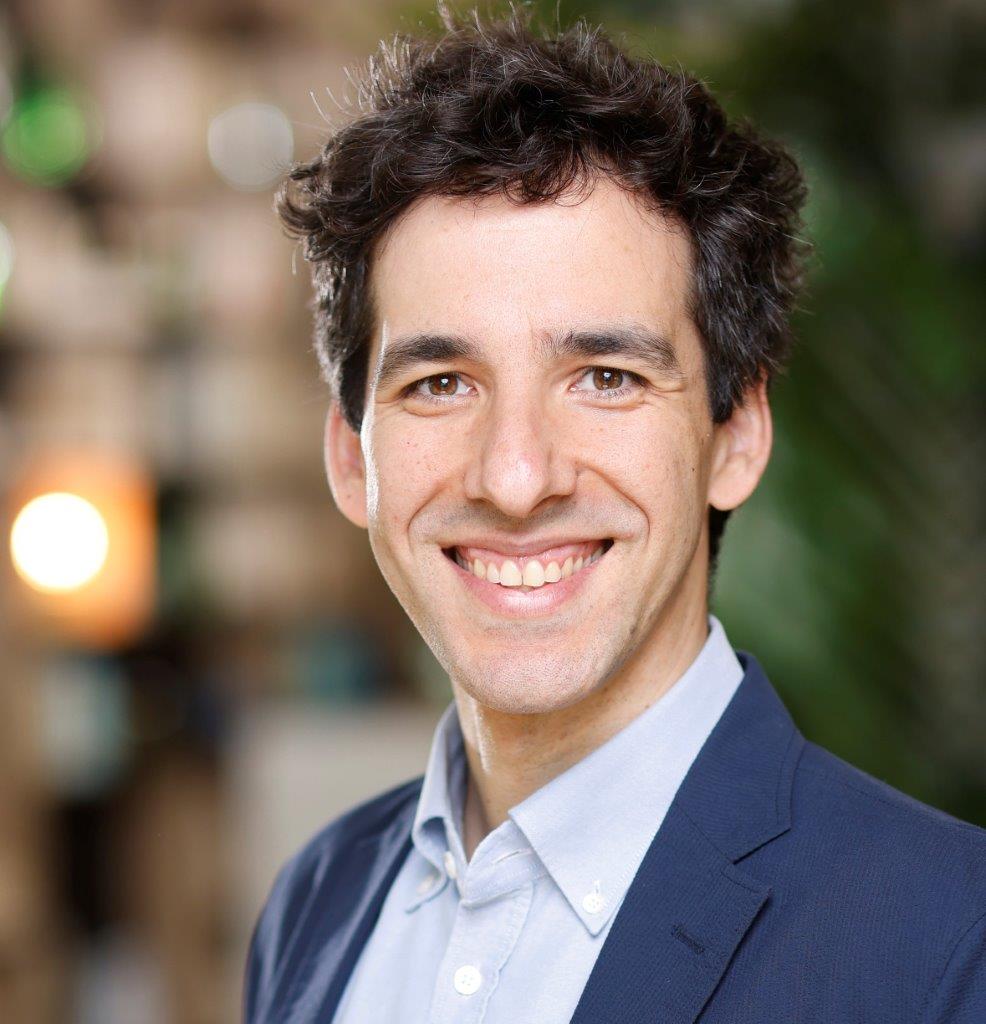
“At EDF Renewables, we believe that the renewable nature of our energy is only a starting point. Our approach is guided by our 7 Sustainable Development pillars, which guide our actions so that our projects are environmentally friendly and socially responsible. »
To achieve carbon neutrality by 2050,International Energy Agency (IEA) affirms that a massive deployment of all low-carbon energies is necessary by 2030.
At EDF Renewables, we believe that renewable energies such as solar and wind are key solutions to combat the effects of climate change. In France and in more than 20 countries, our teams work every day to increase the share of renewable energies in the overall energy mix, thus contributing to the energy transition.
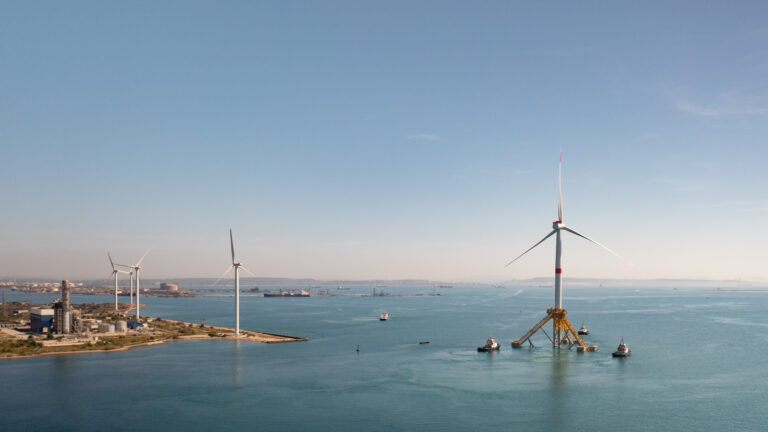
Producing renewable electricity while preserving biodiversity and ensuring sustainable management of natural resources and ecosystems on land or at sea is our priority.
At EDF Renewables, we partner with experts to conduct in-depth impact studies before developing each of our projects. These studies evaluate the potential effects of our projects on the environment, including on local biodiversity and on ecosystems, and allow us to identify suitable avoidance, reduction and possible compensation measures, as well as measures of monitored, which will be implemented on each site.
Did you know that climate change is the third cause of biodiversity loss behind habitat loss and overconsumption of natural resources?*
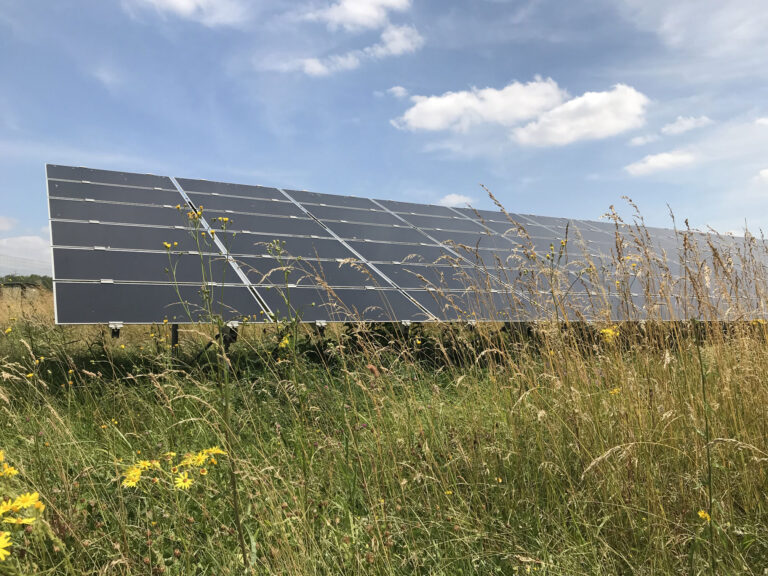
Respect and defense of human rights is a common value carried by all our teams on a daily basis.
For EDF Renewables, it is our responsibility to ensure, in coordination with the authorities of the different countries where our projects are located, that the human rights and local communities affected by our projects are respected at each stage of development. , the construction and operation of our wind farms and solar power plants.
Beyond that, we ensure that each of our projects works with local communities in order to involve them and allow them to benefit from the positive impacts associated with our projects.
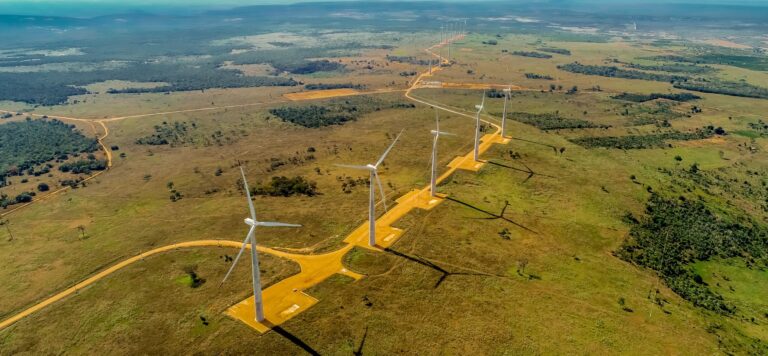
Our responsibility does not stop at the construction and operation stages of our projects.
At EDF Renewables, in order to guarantee the responsibility of our supply chain, we implement a two-step process towards our strategic suppliers and subcontractors. Firstly, a documentary audit makes it possible to understand the rules and practices applied by the supplier or subcontractor in terms of environmental and social management. Then, secondly, this analysis is completed by an on-site audit carried out by our teams.
Finally, contractual clauses commit all our suppliers and subcontractors to respect international standards relating to Human Rights and the environment.
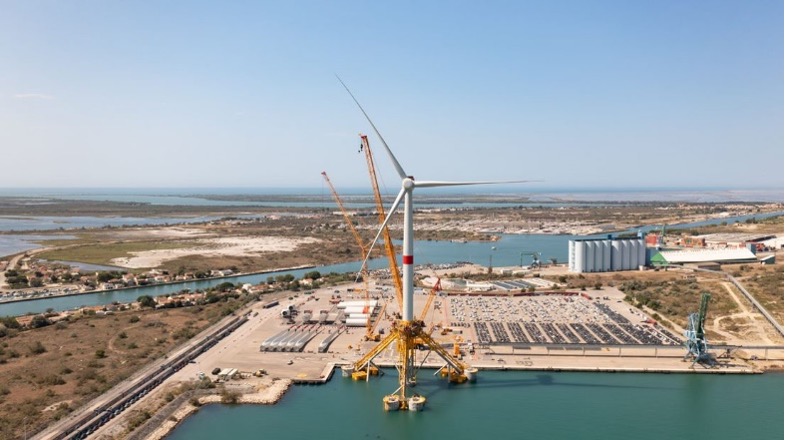
Implementing effective life cycle management for all of our equipment is crucial to minimizing waste and optimizing the use of natural resources.
At EDF Renewables, we are constantly looking for opportunities to adopt a circular approach in the management of our equipment. Wind turbines and PV panels have an average lifespan of 20 to 30 years and their recyclability rate reaches 90 to 95% of their total weight.
We also work with our suppliers on innovative processes such as the development of more easily recyclable wind turbine blades.
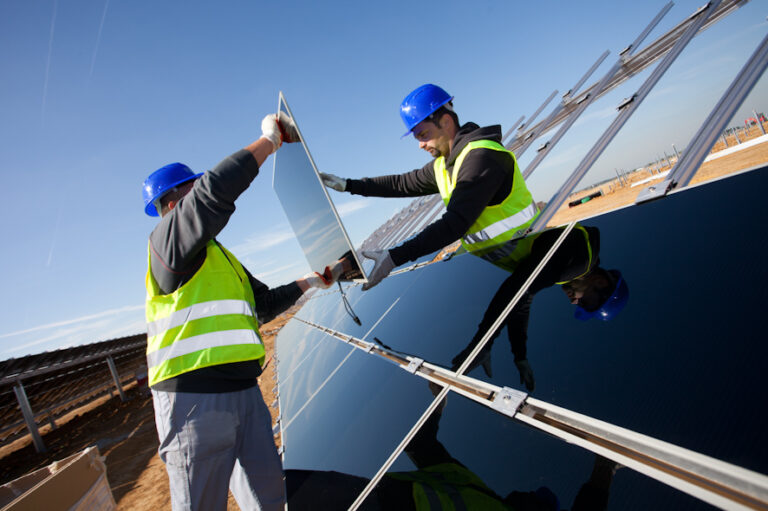
Understanding the needs, issues and expectations of local communities, as well as other stakeholders involved in our projects, is essential in the development of our wind farms and solar power plants.
At EDF Renewables, this phase of local consultation often goes well beyond the regulatory consultation of the different countries of operation. Working groups bringing together elected officials, associations and NGOs, local residents and the economic world are thus created for all of our development projects.
Our objective is to design “tailor-made” projects, responding to and integrating local issues and particularities.
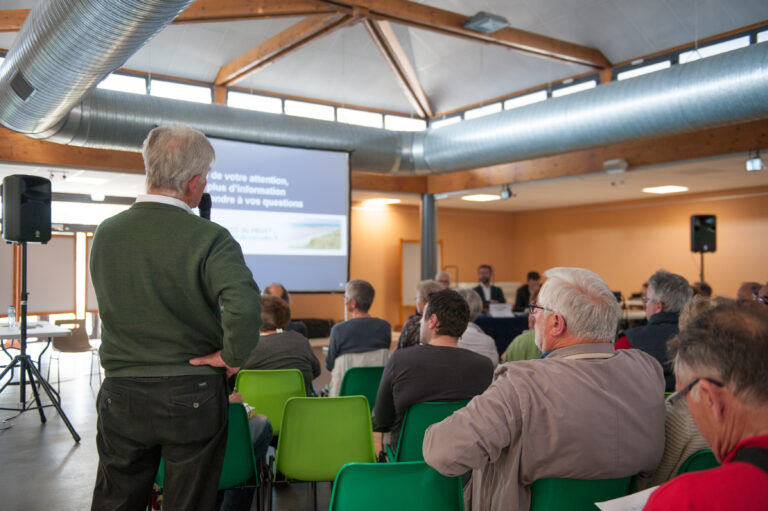
We are convinced that each project must bring local added value, creating positive impacts for the region.
EDF Renewables is thus part of a positive approach to promote economic growth, job creation and support for local businesses.
Our goal: To promote sustainable growth, contributing to the well-being of local economies, communities, and the environment.
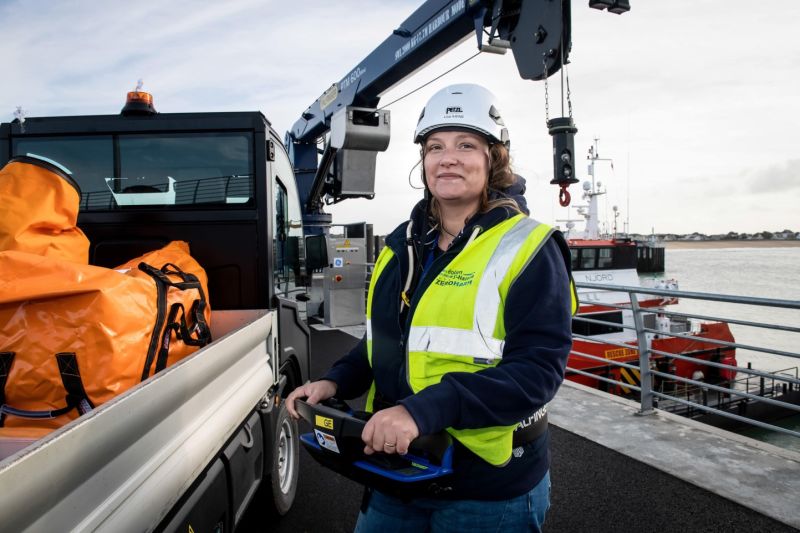
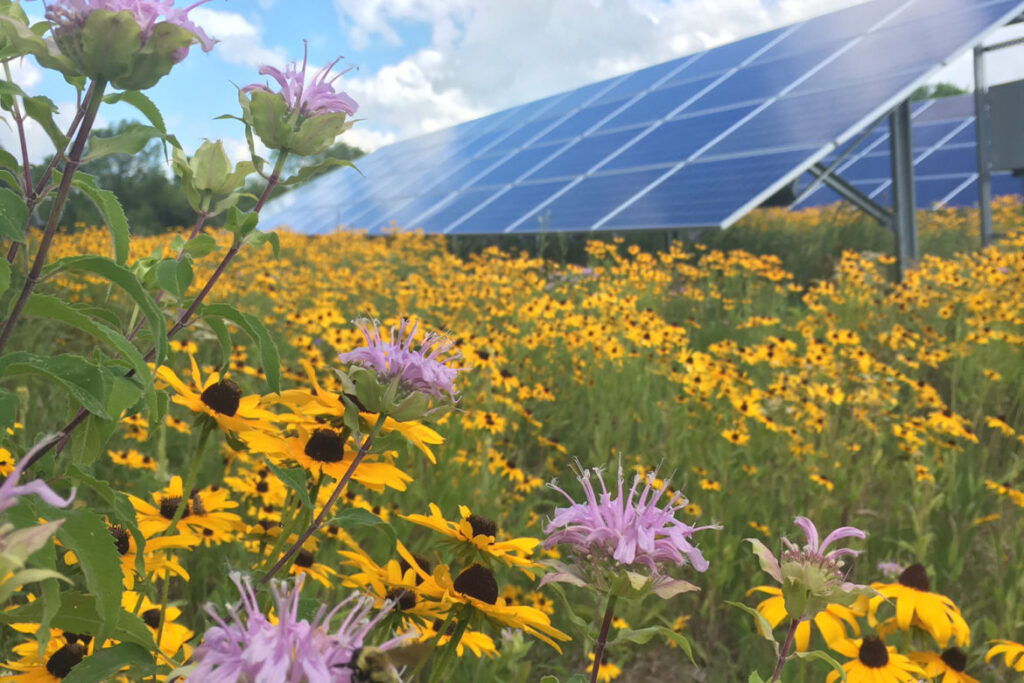
FOCUS
Beyond our regulatory obligations, we are committed to an ambitious approach to environmental protection alongside key players. For example, we are engaged with the'International Union for Conservation of Nature (IUCN) as part of a partnership defining a set of good environmental practices in the development of our wind and solar projects.
For each of our projects, we apply the ERC method (Avoid, Reduce, Compensate for). The primary objective of this method is to avoid and otherwise reduce the possible impacts of our projects on the environment. In the case of proven impacts, compensatory measures are implemented.
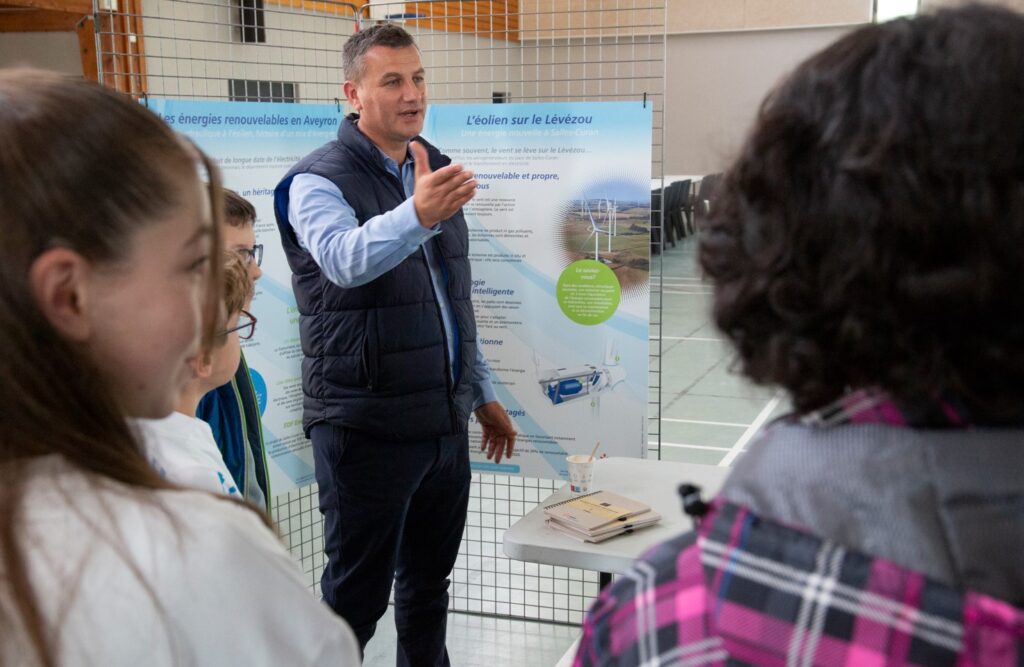
FOCUS
FOCUS
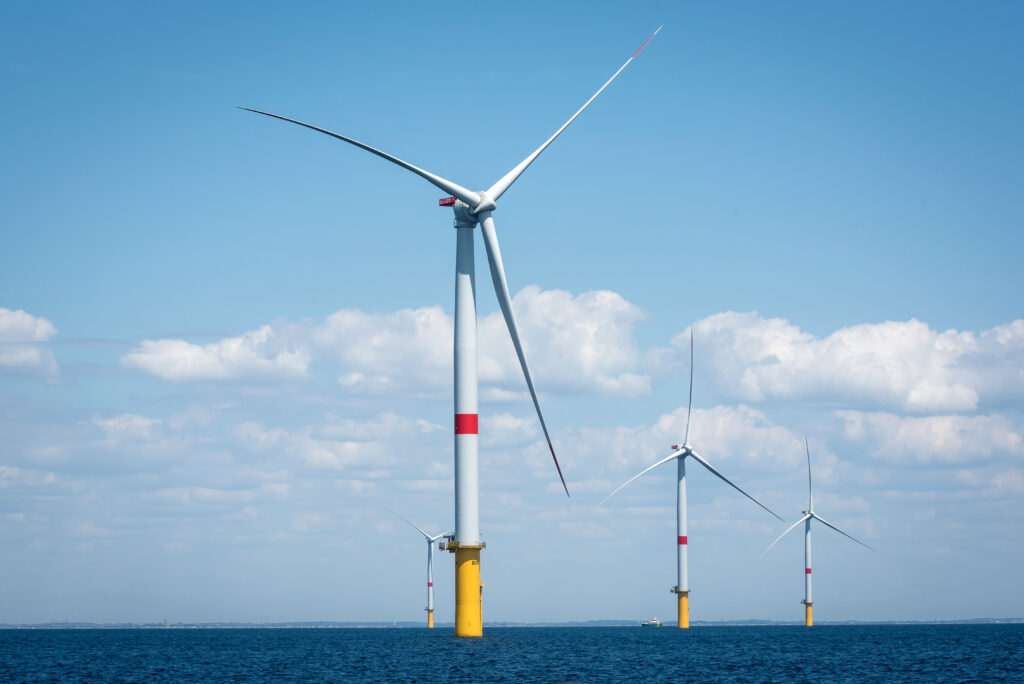
EDF Renouvelables is committed to meeting the challenge of recyclability of composite materials from wind turbine blades by reusing, recycling or recovering these blades at the end of their life cycle, in order to avoid their landfill.
Furthermore, we are committed to supporting manufacturers in the development and industrialization of easily recyclable blades. Our Calvados offshore wind farm will be the first French offshore wind farm to deploy this new technology on part of its wind turbines.
43 Boulevard des Bouvets
CS 90310
92741 NANTERRE CEDEX
©2025 EDF Renewables